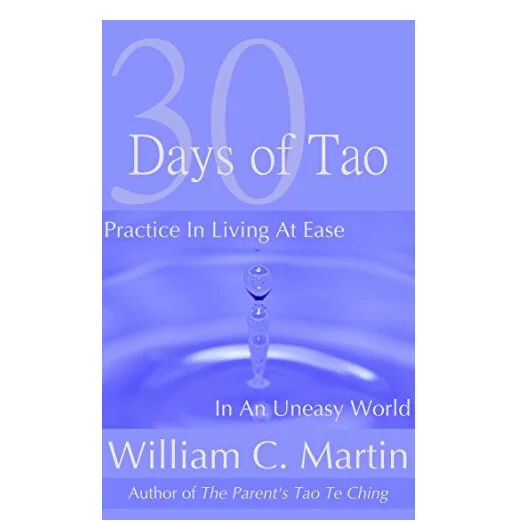“Of Butterflies and Egos” (chapter from "30 Days of Tao") by William Martin
CATEGORIES
- Anthropomorphism 4
- Art and Spirituality 1
- Atonement 3
- Awareness 4
- Beauty and Spirituality 1
- Bible 10
- Buddhism 18
- Certitude 1
- Christian History 8
- Christian Mysticism 18
- Christian Theology 9
- Christianity 44
- Consciousness 42
- Death 1
- Deng Ming Dao 1
- Divine Feminine 9
- Ecology 1
- Ecumenicalism 15
- Ego 4
- Elders 1
- Fear 10
- Forgiveness 2
- Fundamentalism 3
- God 11
- Heart 6
- Heaven 1
- Hinduism 2
- Human Development 3
- Humility 1
- Insecurity 2
- Intuition 1
- Jesus 1
- Lack 1
- Life 1
- Love 8
- Mercy 1
- Mindfulness 11
- Modernity 1
- Mystery 3
- Mysticism 23
- Native American Folklore 1
- Nondualism 1
- Paradox 2
- Philosophy 5
- Poets 1
- Psychology 19
- Relationships 3
- Religion 1
- Sacred Feminine 1
- Scriptures 2
My needs are real,
as are my sorrows.
My opinions count,
as do my actions.
I’m the star of this production
so listen to me
and take me seriously!
When I’m gone the loss will be
horrendous for I am the
irreplaceable,
indispensable,
irretrievable,
Me!
There is nothing wrong with having an ego. It’s an essential step in human biological and spiritual development. It is, however, at best a temporary necessity; a framework built by the brain in order to allow a subjective experience of life. Once it has supplied this structure it can naturally soften and fade into the background. The unconditioned mind can then move back into its natural role as the primary identity; an identity not nearly as separate, isolated, and fearful as the ego-identity.
Unfortunately the “civilization” of human society over the past five thousand years or so has moved so rapidly that the ego process/structure has lost its ability to soften. It has been pushed into an adaptive strategy for which it is not equipped. The complexity of warring nation-states, media-driven belief and behavior, over-population, and economic domination of the many by the few have all worked together to create a hyper-vigilant ego; one that is not capable of its natural voluntary softening. In order to recapture the satisfaction and pleasure of life as it was designed to be, we need to consciously help the ego release its death grip on our being.
It is not a battle. We are not at war with our ego, though it often is pictured that way by well-meaning spiritual practices. Our ego is natural, essential, and able to play its necessary role in the developmental saga of human life; but only if it is allowed to soften once it has provided structure to our experience.
Believing that the ego structure is the acme of human consciousness is akin to believing that the cocoon is the acme of caterpillar consciousness; that once the caterpillar has carefully spun the cocoon and let it harden into place the developmental work is done. Pity our species which is striving so desperately to keep the shell solid, seeing it as the only safety possible. Pity the society which extols the strongest, most impermeable, and most rigid of egos, cheering their advancement to positions of power and wealth.
Were the caterpillar to believe that the cocoon was the real and final stage of life, it would shrivel within that shell and that would be the end. Despite our bluster and appearance of control and power, that shriveling is exactly what is happening to our personal, social, and institutional life. We must begin to understand that the ego is merely a mental structure designed to let us process a tangible and material existence for a short period, while we gather the wisdom and experience necessary to take the next developmental step.
There have always been butterflies among us. Every generation has seen them. Most of them, however, have gone unnoticed because their priorities are so different from those of caterpillars. We have to look up to see them. Looking up is not something the ego feels comfortable doing, so we keep a fearful eye peeled and spin extra layers into the cocoon whenever we sense a crack developing.
Let’s all take a long, slow, deep breath and let ourselves understand that the shell will never, ever, keep us safe. It doesn’t need to. Let’s find out what’s next after the cocoon.


